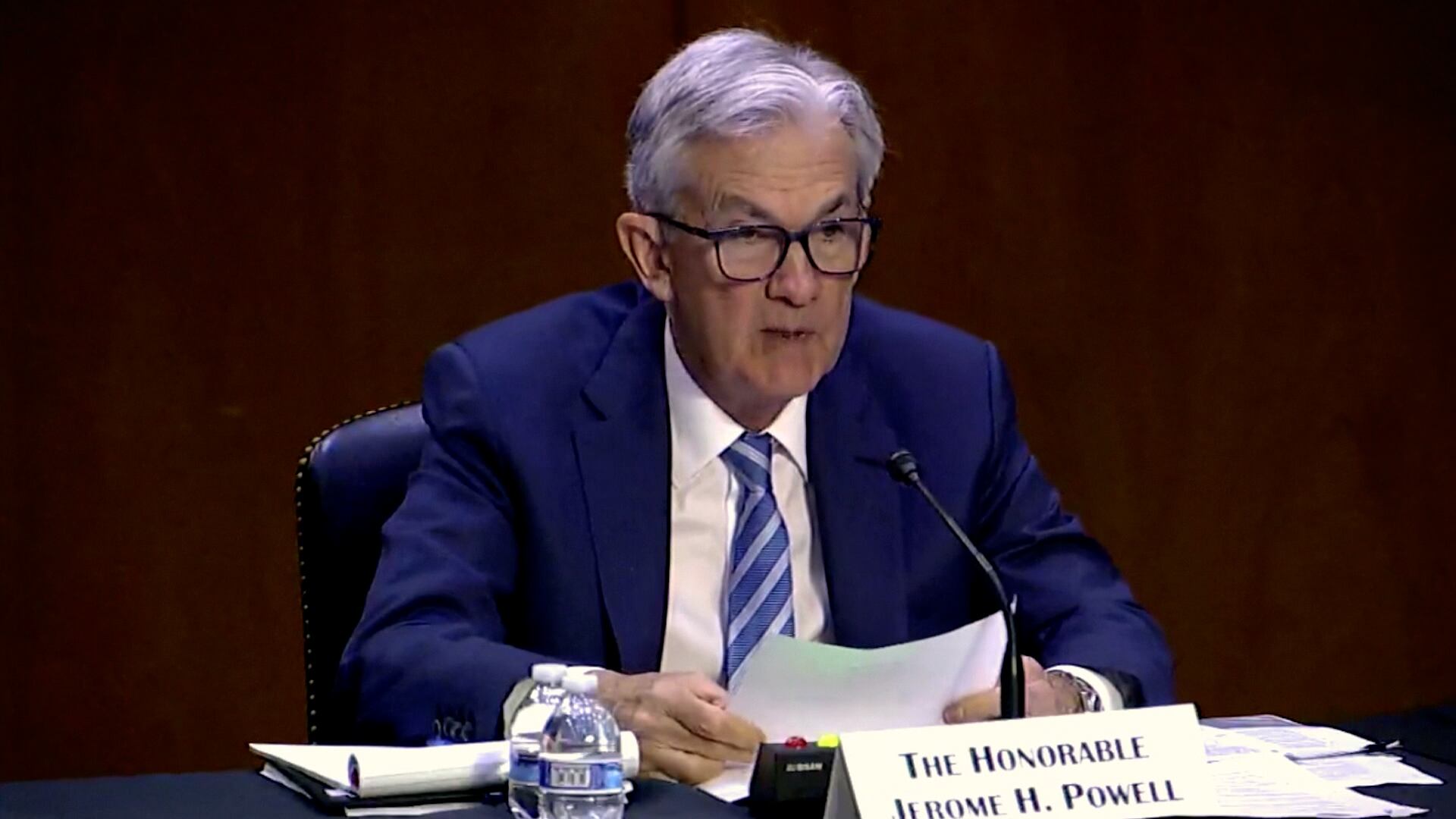If measures of the U.S. economy keep coming in hot, as they did in January, the Federal Reserve will likely have to raise interest rates even higher than it has already signaled — and keep them there longer — Chair Jerome Powell will likely warn in testimony to Congress on Tuesday.
Powell's first appearance before Congress in nine months coincides with recent signs that the economy remains resilient and inflation still stubbornly high. In the past year, the Fed has raised its benchmark interest rate at the fastest pace in four decades, to about 4.6%, its highest level in 15 years. But consumer spending, hiring and growth have yet to cool.
Several Fed officials said last week that they would favor raising the Fed's key rate above the 5.1% level they had projected in December if growth and inflation stay elevated. When the Fed raises its key rate, it typically makes mortgages, auto loans, credit card rates and business lending more expensive. It’s a trend that can slow spending and inflation but also risks sending the economy into a recession.
In his two days of semi-annual testimony to Congress — Powell will address the House Financial Services Committee on Wednesday — the Fed chair will have to navigate a treacherous path: He will likely be pressed by Democrats concerned that ever-higher borrowing rates will tip the economy into recession and Republicans who have urged the Fed to act aggressively to slow price acceleration.
Inflation, as measured year over year, has slowed from its peak in June of 9.1% to 6.4%. But its progress stalled in January: The Fed's preferred measure of price increases rose from December to January by the most in seven months.
Powell has noted that so far, most of the slowdown in inflation reflects an unraveling of supply chains that have allowed more furniture, clothes, semiconductors and other physical goods to reach U.S. shores. By contrast, inflation pressures remain entrenched in numerous areas of the economy's vast service sector.
Rental and housing costs, for example, remain a significant driver of inflation. At the same time, the cost of a new apartment lease is growing much more slowly, a trend that should reduce housing inflation by mid-year, Powell has said.
But the prices of many services — from dining out to hotel rooms to haircuts — are still rising rapidly, with little sign that the Fed's rate hikes are having an effect. Fed officials say the costs of those services mainly reflect rising wages and salaries, which companies often pass on to their customers in the form of higher prices.
As a result, the Fed's monetary policy report to Congress, which it publishes in conjunction with the chair's testimony, said that quelling inflation will likely require “softer labor market conditions" — a euphemism for fewer job openings and more layoffs.













